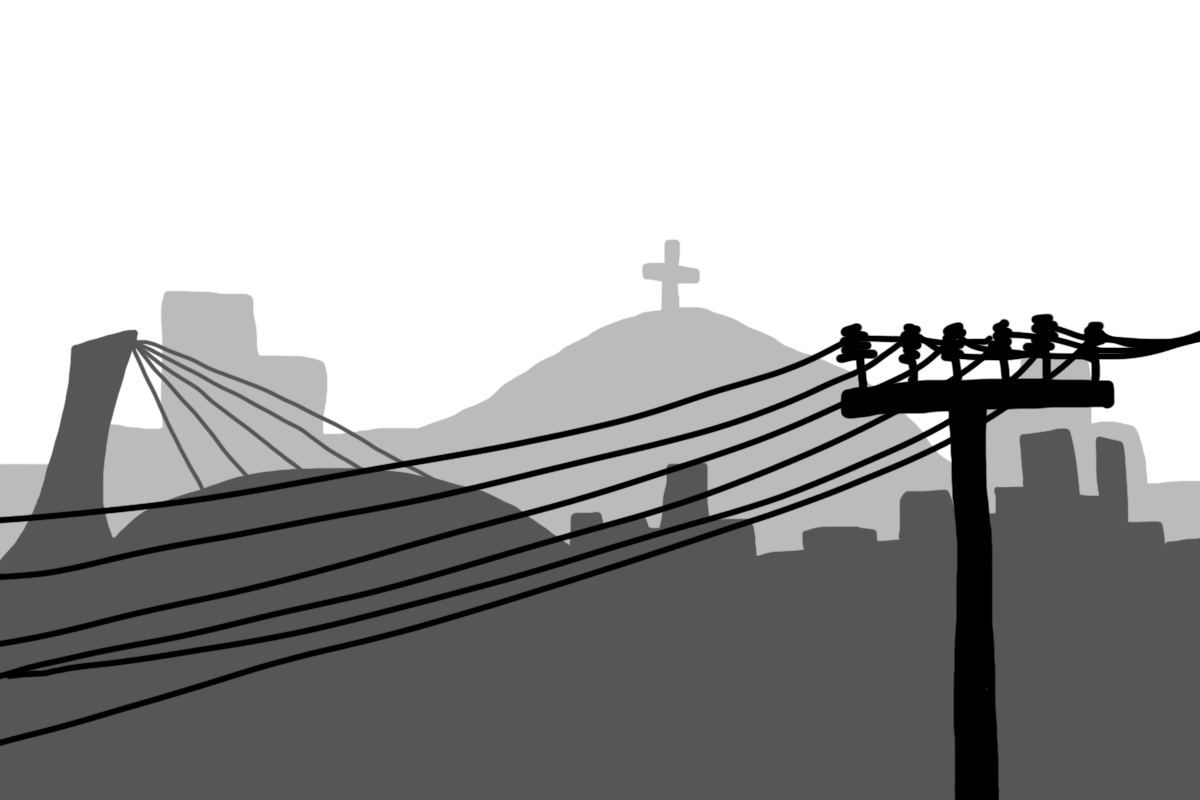University of the Streets Café hosted a talk on urban health, environment and social problems
University of the Streets Café held a discussion on the impacts of city living for Montrealers, and invited attendees to share their thoughts, experiences and ideas about how to improve all aspects of city living.
“We tend to forget that we live in the city at the cost of someone else,” said Baijayanta Mukhopadhyay, a guest speaker for the bilingual conversation, which took place at Montreal’s downtown YMCA on Oct. 10. Mukhopadhyay is a family doctor in Northern Ontario, a volunteer physician with Médecins du Monde Montreal and the co-coordinator of the Canadian chapter of the People’s Health.
Mukhopadhyay said that people tend to believe that cities like Montreal are self-sustainable urban organisms. However, he said most resources come from outside the city, and cities may not actually be the healthiest places to live. “Cities are not the centre of our society,” he said.
For example, he explained that a lot of food travels a long way to get to cities, and as a result, it is often more processed than the food that gets shipped to rural or suburban areas.
Other factors, such as housing and public transit infrastructure in cities, can be damaging to physical health and have major influence on people’s well-being, said Mukhopadhyay. These factors can result in sickness, such as asthma in kids.
Robyn Maynard, a Montreal-based activist, educator and writer, addressed the social and economic inequalities suffered by communities within Montreal every day. Maynard’s research focuses on gender and race issues, and her fieldwork experience includes street work within the disadvantaged communities of Montreal. She said the city can be a discriminating place for minorities, and the at-risk population, which includes homeless people, drug addicts and sex workers. She noted that part of the population is often denied security.
She and Mukhopadhyay agreed what people think makes a city healthy may actually make it unhealthy.
Attendees discussed who is responsible for addressing these problems, and brainstormed solutions for making the city a better, healthier and safer place to live.
One of the proposed solutions was for people to attend their neighbourhood and city council meetings. Attendees discussed this solution as a good starting point for getting involved in the conversation of city health and security, and opposing elitist urban planning.
Abby Lippman, the event moderator, discussed violence and its toxic effects on Montreal and other cities. Lippman is an associate researcher at the Simone de Beauvoir Institute and a long-time feminist activist.
“I think about violence as what the system is doing to people. I think the system is being violent by taking money, by taking health away, by putting up lousy housing,” she said. She suggested that if society and authorities worked on bettering people’s health, then violence control would naturally occur.
The next University of the Streets Café conversation will take place on Oct. 27 at Aux Deux Marie, from 7 p.m. to 9 p.m. Aux Deux Maries is located at 4329 St-Denis St. The conversation will explore the topic of rebuilding communities.
Graphic by Thom Bell




